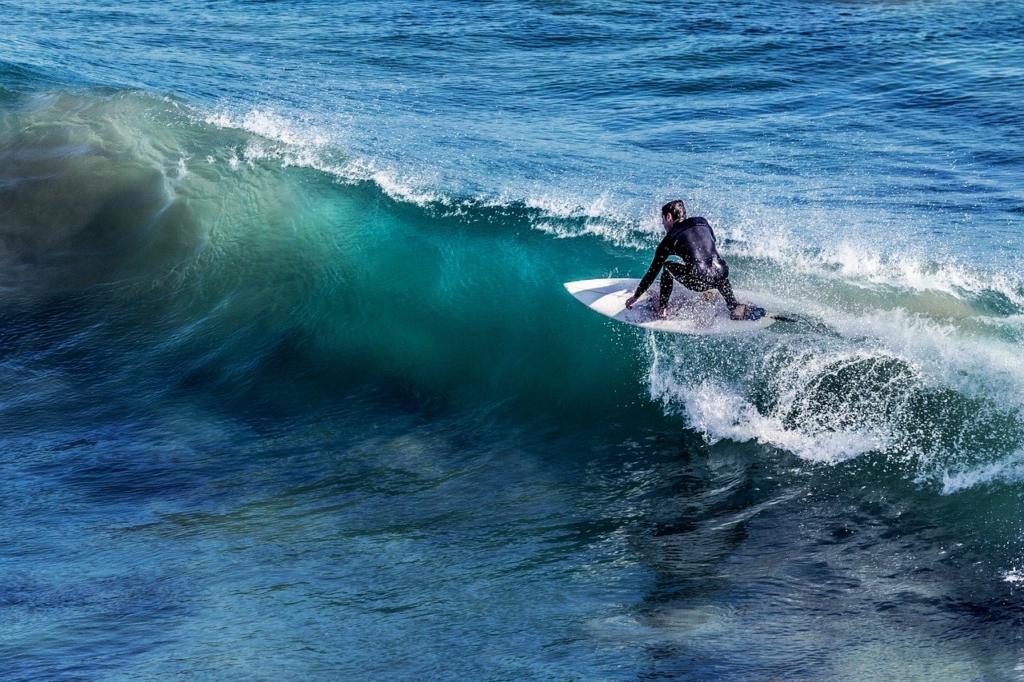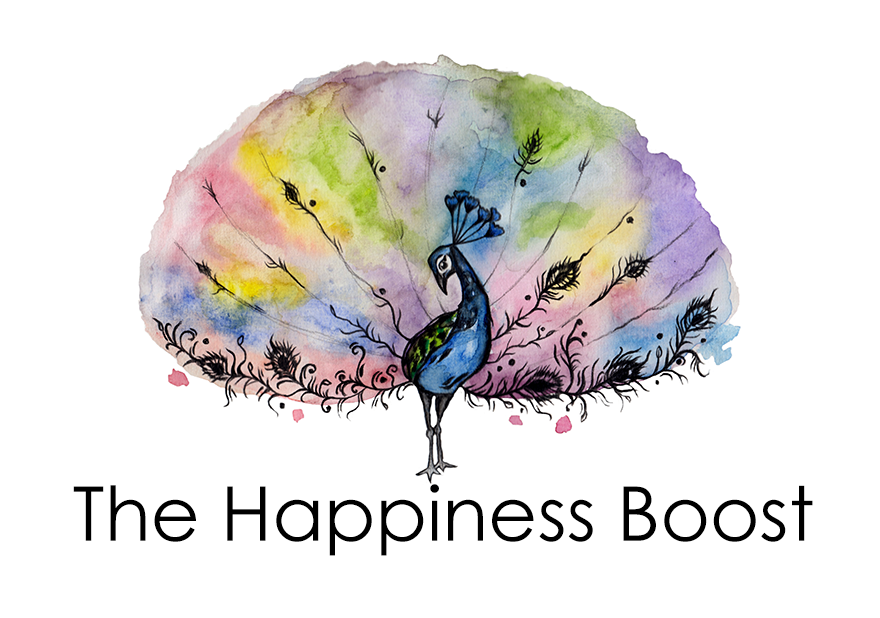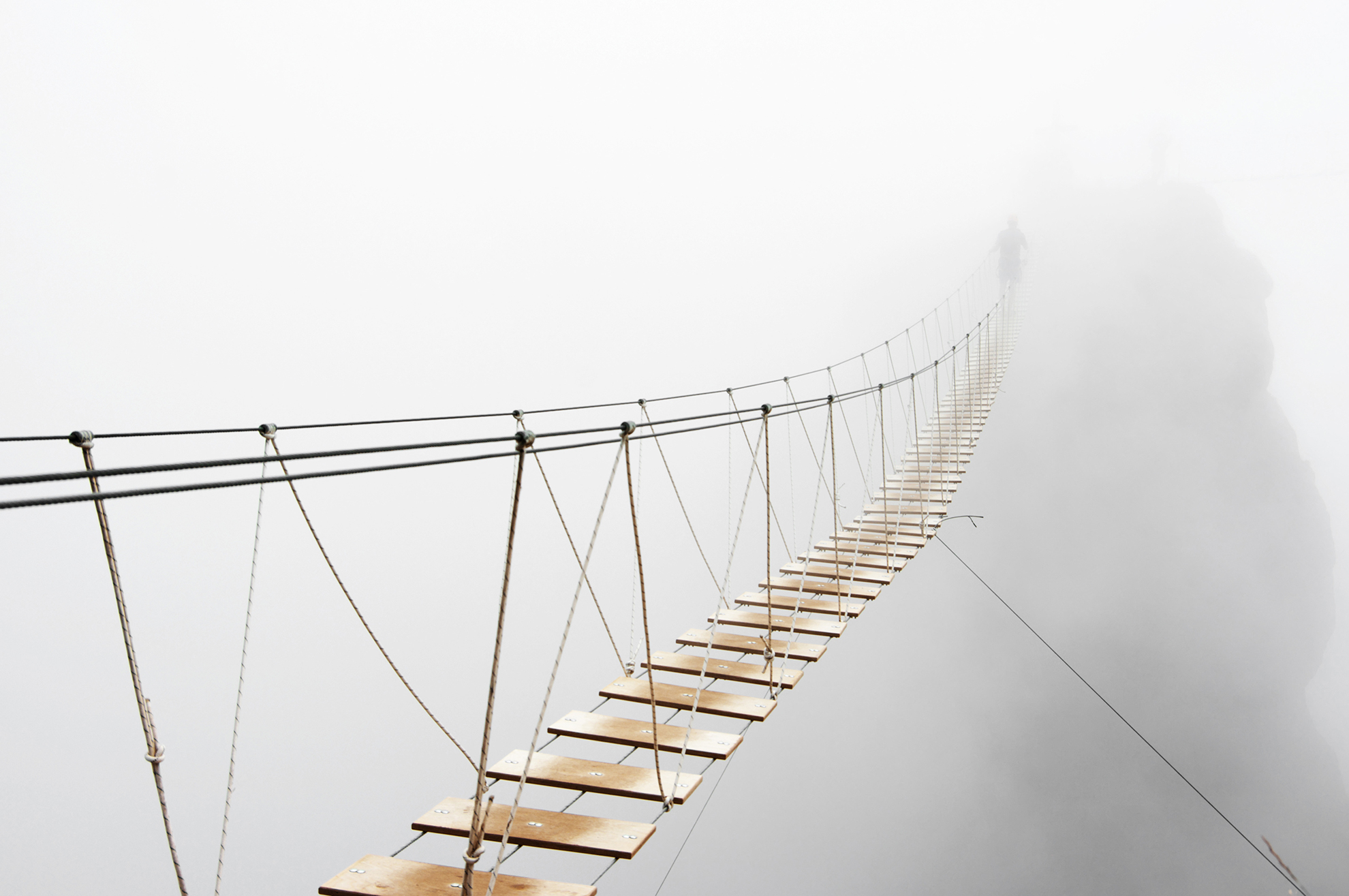The corona outbreak has thrown us into the midst of uncertainty. In this situation we may feel out of control which in turn may lead to unpleasant feelings. Will I contract the virus? Will there be enough hospital beds? Will I still have my job tomorrow? Will I still be able to go on the holiday I planned? The actuality of the situation is that the answers to many of these questions are unknown.
A crisis can make us more aware about the confronting fact that we don’t always have control over things in life. We like to believe that we are in control, we plan ahead and tell ourselves that tomorrow is a given, but in reality, we don’t really know what lies ahead.
Not knowing what lies ahead, however, is not necessarily bad. There is a beautiful quote by Mandy Hale that I have hanging up above my desk to remind of this fact. The quote goes: Trust the wait. Embrace the uncertainty. Enjoy the beauty of becoming. When nothing is certain, anything is possible. And indeed, when we learn to embrace uncertainty, we lose the fear associated with it and instead see the potential of it.
Problems, however, result when you are unable to tolerate uncertainty. For instance, not being able to cope with uncertainty is often the underlying cause of mental illness. This can clearly be seen in anxiety disorders. The anxiety associated with these disorders is usually the result of living in the future, worrying about all the things that could happen and trying desperately to make sure they don’t happen. We can drive ourselves crazy with what could happen because the uncertainty of life means that there is always a possibility that our wildest fears will come true.
The good news is that there are ways to learn to better deal with uncertainty and get some feeling of control back. Continue reading for some helpful tips.
Focus on the Present
Focusing on the present as much as possible is an excellent strategy for coping with uncertainty as while the future is not certain, the present is. In fact, the present moment is not only certain, but it is also often a lot less scary than the potential future scenarios we play out in our minds.
Mindfulness is the perfect way to practice living in the moment. Mindfulness according to Kabat-Zinn is the awareness that arises through paying attention, on purpose, in the present moment and non-judgmentally. Are you interested in learning more about mindfulness? The following website offers an easy starting point to find more information about mindfulness including some mindful practices: https://www.mindful.org/
Ride the Wave of Discomfort
Uncertainty breeds negative emotions, but the thing about negative emotions is that they are actually not harmful. Don’t get me wrong, I sympathize deeply with you if you are, for example, lying awake at night with anxiety. But while the feeling of anxiety is a very uncomfortable emotion, it cannot hurt you. The reason I point this out is that we often do everything possible to not feel negative feelings. We may binge-watch Netflix, drink a few glasses of wine or reprimand ourselves for feeling this way. In this way, we never feel the emotion and, therefore, never come to realize that the emotion is not as bad as we feared.
Instead of trying to get rid of the feeling, the next time you experience negative emotion as a result of uncertainty, practice just sitting with it. It may help to picture the feeling as a wave that you need to surf. Like a wave, negative emotion often rises, but then drops again. So, remind yourself that the uncomfortable feeling will soon fade. Mindful questions may also help during this exercise such as: What do I feel? Where do I feel this in my body? How is my breathing- shallow or deep?

What you will probably discover is that the more you practice this and get comfortable with being uncomfortable, the easier you will be able to tolerate uncomfortable emotions and embrace uncertainty. Riding the wave of discomfort can, however, be difficult, so I would suggest taking baby steps. And remember to be self-compassionate, Rome wasn’t built in a day and changing how you respond to things take time.
The Power of Rituals
A final strategy that I have found very helpful in dealing with uncertainty is implementing rituals into your day to day life. We often underestimate the power of rituals, but rituals can be the grounding force needed in an uncertain time as they provide us with comfort and a feeling of control and predictability. Here are some types of rituals to consider implementing into your day.
Morning Rituals
Starting the day right is very important. Establishing morning rituals gives you the space to ensure that your day goes the way you intend it to go. What rituals you decide to implement is completely up to you. Below are some ideas that you may like to incorporate into your morning routine. I would suggest to start by just picking one or two rituals as choosing too many can be overwhelming.
- Start the day by drinking a glass of warm water with lemon to jumpstart your digestive system.
- Spray some rose water on your face to wake up your senses. If you are reading this from the Netherlands, I love the rose water from Natural Heroes: https://www.naturalheroes.nl/products/rozenwater-hydrosol
- Journal for about ten minutes. Write in your journal your goals and intentions for the day
- Do a short morning meditation. The app Insight Timer (https://insighttimer.com/) has some beautiful morning meditations
- Do some gentle stretching or yoga
- Listen to music that makes you feel happy and energized
Evening Rituals
Ending the day in a good way is just as important as starting the day right. Creating an evening routine signals to your body that it is time to slow down and start preparing for sleep. Some ideas for evening rituals include:
- Take a warm shower or bath. Water can be a wonderful way to figuratively wash the stress of the day away.
- Make a nice cup of tea or hot milk. Before bed, I always drink a warm glass of milk blended with the ‘Yellow Mellow’ mix from Your Superfoods, which you can buy here: https://yoursuper.com/products/turmeric-powder
- Do an evening meditation
- Write the positive experiences of your day in a journal
- Burn some lavender oil or dab a few drops on your wrist and temples to induce sleepiness
- Spend 10-20 minutes reading in bed
Rituals to Transition from the Work Day
Something that I have noticed since working from home as a result of the corona outbreak is that I really need a ritual to mark the end of the work day. Creating a routine to signal to your body that the working day has ended can help make it clear to your body that you do not need to think about work anymore.
Before the corona crisis happened, I would always transition out of my working day by cycling home. I, therefore, find that doing some sort of exercise at the end of my day is an effective way for me to indicate to my body that it is time to relax. What you decide to do though is completely up to you and can be something very short that doesn’t require a lot of time such as taking a shower, enjoying a cup of tea in your garden or doing a craft.
If you are interested in reading more about rituals, I would recommend the book The Ayurvedic Self-Care Handbook by Sarah Kucera. This book is jam-packed with ideas for rituals and promises to convince you of their healing power.
I hope you enjoyed this blog post. I’d love to hear from you! Drop a comment below if you have any other tips for dealing with uncertainty.

